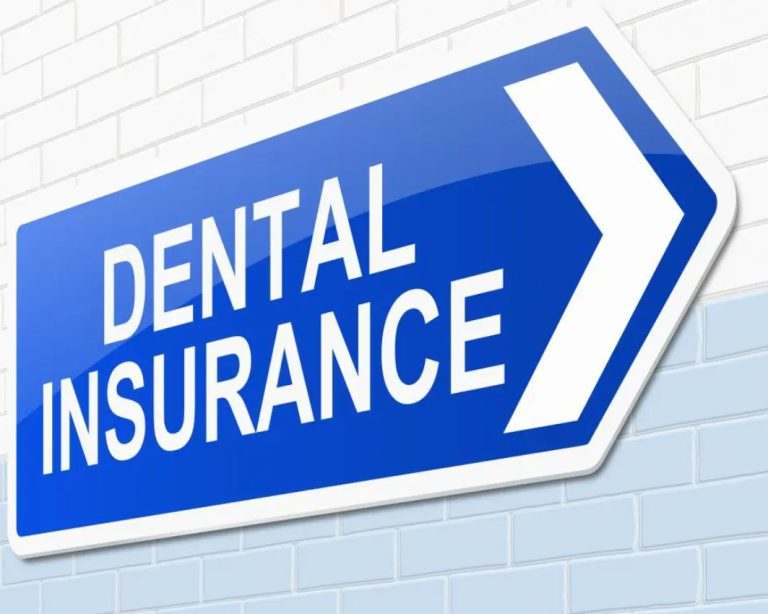Dental implants are a popular and effective solution for replacing missing teeth, but they can also be quite expensive. If you’re considering getting dental implants, you may be wondering if you can use your Health Savings Account (HSA) to help cover the cost. In this comprehensive guide, we will explore the ins and outs of using an HSA for dental implants, including the eligibility requirements, qualifying expenses, and potential tax benefits.
Contents
Can You Use HSA for Dental Implants? The Short Answer
Yes, in many cases, you can use your HSA to pay for dental implants. However, there are some important caveats and considerations to keep in mind. To be eligible to use your HSA for dental implants, the procedure must be considered medically necessary to improve or maintain your overall health. Additionally, the expenses must be qualified medical expenses as defined by the IRS.
Understanding HSAs and Their Benefits
An HSA is a tax-advantaged savings account that can be used to pay for qualified medical expenses. To be eligible to contribute to an HSA, you must be enrolled in a high-deductible health plan (HDHP). HSAs offer several key benefits, including:
- Tax-deductible contributions: Contributions to an HSA are tax-deductible, which can help lower your taxable income.
- Tax-free growth: The funds in your HSA grow tax-free, allowing your savings to accumulate over time.
- Tax-free withdrawals: Withdrawals from your HSA are tax-free as long as they are used to pay for qualified medical expenses.
Dental Implants and Medical Necessity
To be considered medically necessary, dental implants must be deemed necessary to improve or maintain your overall health, not just for cosmetic purposes. Some common reasons why dental implants may be considered medically necessary include:
- Restoring chewing function: Missing teeth can make it difficult to chew food properly, which can lead to digestive problems and nutritional deficiencies. Dental implants can restore your ability to chew effectively, improving your overall health.
- Preventing bone loss: When a tooth is lost, the underlying jawbone can begin to deteriorate. Dental implants can help prevent bone loss by stimulating the jawbone and preserving its structure.
- Improving speech: Missing teeth can affect your speech, making it difficult to pronounce certain sounds. Dental implants can help improve your speech by providing support for your tongue and lips.
- Alleviating pain: Missing teeth or ill-fitting dentures can cause pain and discomfort. Dental implants can alleviate pain by providing a stable and comfortable replacement for missing teeth.
If your dentist determines that dental implants are medically necessary to address one or more of these issues, you may be able to use your HSA to help cover the cost.
Qualifying Expenses for Dental Implants
In addition to being medically necessary, the expenses associated with dental implants must be considered qualified medical expenses to be eligible for HSA reimbursement. Some common qualifying expenses for dental implants include:
- The cost of the implant itself
- The cost of the abutment (the connector piece between the implant and the crown)
- The cost of the crown (the artificial tooth that is attached to the abutment)
- The cost of any necessary bone grafting or sinus lifts
- The cost of any necessary extractions or other preparatory procedures
- The cost of any necessary follow-up care or adjustments
It is important to note that not all expenses related to dental implants may be considered qualified medical expenses. For example, the cost of teeth whitening or other cosmetic procedures typically would not be eligible for HSA reimbursement.
How to Use Your HSA for Dental Implants
If you’re considering using your HSA to pay for dental implants, there are a few key steps to follow:
- Consult with your dentist: Discuss your dental needs and treatment options with your dentist. Make sure to get a written diagnosis and treatment plan that clearly states the medical necessity of the dental implants.
- Review your HSA plan documents: Carefully review your HSA plan documents to understand the eligibility requirements, qualifying expenses, and any limitations or restrictions that may apply.
- Save your receipts and documentation: Keep all receipts, invoices, and other documentation related to your dental implant expenses. You may need to provide these documents to your HSA administrator or the IRS if you are audited.
- Submit your claims for reimbursement: Follow your HSA plan’s instructions for submitting claims for reimbursement. You may be able to submit claims online, by mail, or through a mobile app.
Potential Tax Benefits of Using an HSA for Dental Implants
Using your HSA to pay for dental implants can offer several potential tax benefits, including:
- Tax-deductible contributions: As mentioned earlier, contributions to an HSA are tax-deductible, which can help lower your taxable income.
- Tax-free growth: The funds in your HSA grow tax-free, allowing your savings to accumulate over time.
- Tax-free withdrawals: Withdrawals from your HSA are tax-free as long as they are used to pay for qualified medical expenses, such as dental implants.
These tax benefits can help make dental implants more affordable and accessible, especially if you are facing a high out-of-pocket cost.
Important Considerations and Tips
While using an HSA for dental implants can be a smart financial strategy, there are a few important considerations and tips to keep in mind:
- Contribution limits: There are annual contribution limits for HSAs, so make sure you are aware of these limits and plan your contributions accordingly.
- Carryover provisions: Unused HSA funds can be carried over from year to year, allowing you to accumulate savings for future medical expenses, including dental implants.
- Penalty for non-qualified withdrawals: If you withdraw funds from your HSA for non-qualified expenses before age 65, you will be subject to a 20% penalty in addition to income taxes on the withdrawn amount.
- Coordination with other dental insurance: If you have other dental insurance, make sure you understand how it coordinates with your HSA. You may need to submit claims to both your dental insurance and your HSA to maximize your benefits.
- Consult with a tax advisor: If you have any questions about the tax implications of using an HSA for dental implants, consult with a qualified tax advisor.
Conclusion
Can you use HSA for dental implants? The answer is yes, in many cases, you can use your HSA to help cover the cost of dental implants, as long as the procedure is considered medically necessary and the expenses are qualified medical expenses. By understanding the eligibility requirements, qualifying expenses, and potential tax benefits, you can make informed decisions about using your HSA to achieve optimal oral health and overall well-being. Remember to consult with your dentist, review your HSA plan documents, and keep all necessary receipts and documentation to ensure a smooth and successful process.
Read More: Employee Benefits for Small Business Owners: A Comprehensive Guide






